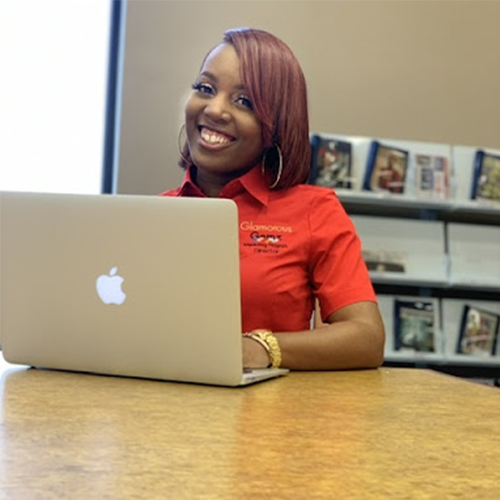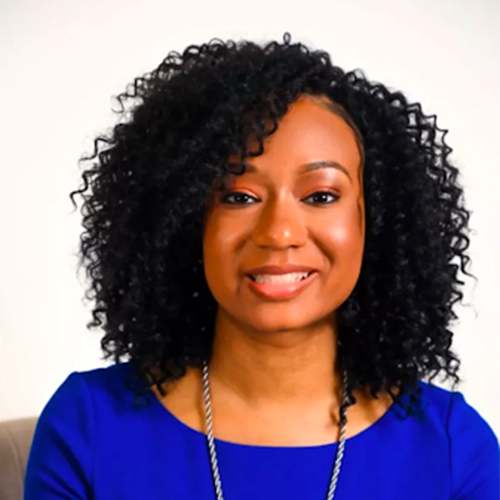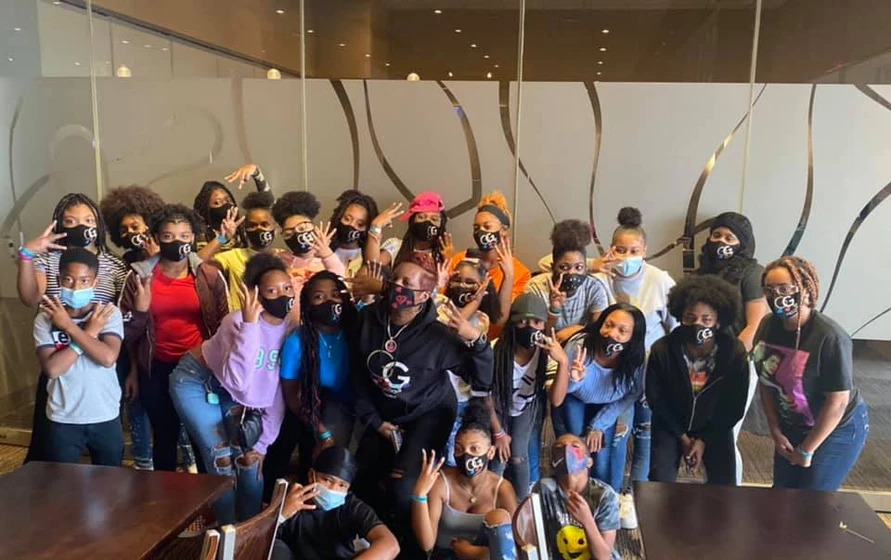In 2021, educators from throughout the United States of America were invited to participate in the Maker Learning @ Home cohort, a six-month professional learning experience for educators committed to continuing opportunities for making while learners are at home.
Throughout their work, cohort members documented the planning, design, and implementation of their projects, as well as offering reflections and lessons learned.
Danielle Rountree is the founder and CEO of Glamorous Gemz mentoring program. Giving birth at an early age brought on her desire to help others with fewer resources succeed and accomplish their goals. She believes female empowerment should be at an all-time high because self-esteem is at an all-time low. “It is my job as the leading mentor, to show young ladies their true self-worth. It’s been a life dream to create an organization of empowerment, reassurance, and self-recognition. I pride myself on being the Leading Gem that exudes positivity and encouragement. My mentees will be a reflection of the organization.”

Danielle Brantley serves as a grant writer and program coordinator for Glamorous Gemz. As a former English teacher, program coordinator, and volunteer, Danielle gained more than 10 years of experience helping youth and nonprofits. She says that her superpower is channeling her passion for service into persuasive writing, painting a vivid picture for every cause she takes on. “I love helping people be the change by conveying their voice and mission to the world.”

Mission Possible is a series of virtual courses and workshops that provide learners with early exposure to STEAM careers, college, and entrepreneurship. Through powerful learning experiences that teach the whole child and create real-world impact, Mission Possible teaches learners the basic fundamentals of entrepreneurship by engaging them in hands-on activities. During this pilot, learners were able to design and create their own products and services. In addition, learners built physical and digital products for their businesses and were engaged and challenged to apply core content and real-world skills.
The ultimate goal of Mission Possible’s launch was to educate and empower learners to start, scale, and use their businesses to begin saving for future college and/or career expenses. Learners were matched with mentors who have similar businesses and careers to provide meaningful job shadowing opportunities. At the completion of Mission Possible, each Gem shared their learnings with our partners by presenting their businesses at a pop-up shop.
21st-century skills are essential for learners to succeed inside and outside the classroom. To prepare for the workforce of the future, learners need to master the four C’s of 21st-century learning: critical thinking, communication, collaboration, and creativity. The initial Mission Possible experience taught learners 21st-century skills by teaching them how to launch scalable businesses. We know that entrepreneurship is more than simply running a business; it is learning how to identify problems, create innovative solutions, communicate with customers and investors, and more. Throughout the process of learning how to start their own businesses, learners acquired entrepreneurial skills and financial literacy skills essential for college, careers, and life.

Participants had a great deal of choice in how they wrapped up their projects. Some options included:
The project culmination can be a community learning experience that includes parents, other learners, educators, and community members. Educators can discuss the project to share the benefits of maker learning and youth entrepreneurship. Learners can share their experiences to highlight some of their learning, applying 21st century skills like communication/public speaking, critical thinking, collaboration, and creativity.
As learners progress throughout a project, facilitators can use content specific to their areas of interest/business for instruction and inspiration.
Since this was a pilot project, we did not start with mentors and sponsors. Though, we learned that they could have enhanced the project by teaching learners through sharing industry resources and job shadowing. The addition of mentors could have provided additional real-world connections.